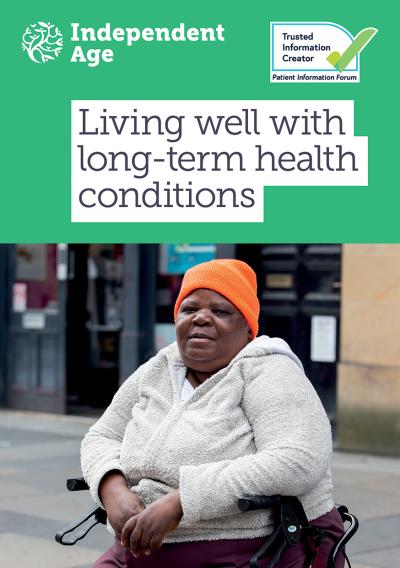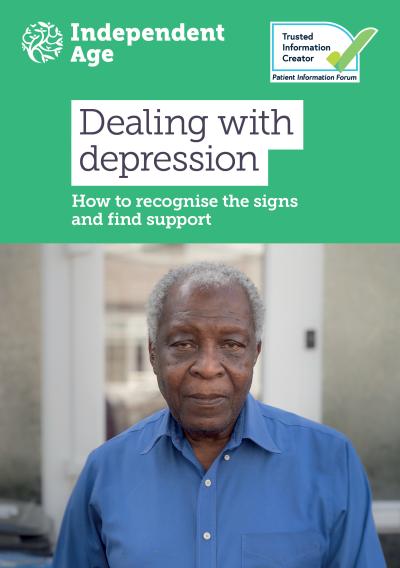Related publications

Living well with long-term health conditions

Living with a health condition for a long time can be tough. You may have developed your own ways of coping, but there are many services and charities that can give you practical and emotional support as well. You can also ask for help from your GP and your local council.
Long-term health conditions can bring all sorts of challenges. As well as coping with the physical demands, you might need financial advice, emotional support or help to manage lifestyle changes.
You may have been offered services when you weren’t ready for them or your situation may have changed. Don’t feel embarrassed about asking for help – it’s always okay to ask for support.
Your GP will probably be your first point of contact. Depending on your condition, they may refer you to specialist consultants or other services, including nurses, physiotherapists, dieticians and exercise specialists.
Ask your GP or practice nurse about any services you’re interested in or for suggestions of services that could help. For example, there may be charities, local support groups or tailored exercise classes that could help you. If you’re struggling with pain or fatigue, they may be able to refer you to a specialist clinic.
There are many charities and organisations that can offer support for specific conditions. They may have advice helplines, condition specialists, information resources, courses to help you manage your condition, support groups and online forums, practical aids or just someone to talk to.
These are some of the charities that may be able to help – there are many more:
Long COVID is a term used for symptoms of COVID-19 that last for more than four weeks. The signs of Long COVID can be different from person to person. With both physical symptoms and mental effects, you should contact your GP. They will be able to help you get treatment and find ways to manage your symptoms.
There are also lots of resources online to help you manage, including:
Sometimes it can be difficult to get the help you need to manage your condition. Patient support services can help you resolve problems and answer health-related questions. You can get information, advice and support from:
If you have concerns about your healthcare, you could also contact:
You could also consider making a complaint. See our factsheet Complaints about health services for more information about how to do this.
It’s normal to feel worried if you have a long-term health condition. If you haven’t been offered any support, speak to your GP or healthcare team about what’s available.
If you’re feeling low or anxious, it can help to talk to someone you trust. Many charities have local or online support groups. You may find it reassuring to talk to others who are in a similar situation. You could also contact free helplines, such as:
Living with a long-term condition can affect your mental health. If you’re feeling anxious or depressed, talk to your GP. Our web page looking after your mental health has more on ways to keep yourself well and where you can find support.
If you need some help to look after yourself, contact your local council to arrange a free care needs assessment. This looks at your needs and how they might be met. For example, do you need help to wash or dress, or to get out and about?
Support might include things like adaptations to your home, disability equipment or visits from care workers.
If you need help with your personal care because of a long-term health condition, you may qualify for a disability benefit such as Attendance Allowance.
You might also be able to get help with extra costs, such as the cost of travelling to hospital appointments. Call our Helpline for more information or to arrange to speak to an adviser.

The NHS website has a range of information about conditions, treatments, care and support:
Read our guide Living well with long-term health conditions for more information about the support available.
By calling Independent Age's free and impartial Helpline, you can get information and advice from one of our friendly advisers, or order our free guides.